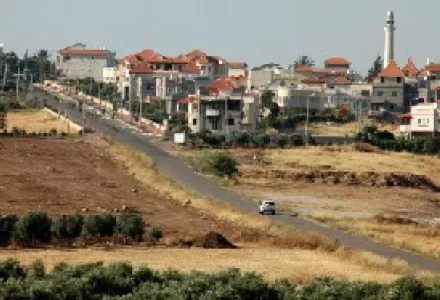Under what conditions do shifts in the distribution of ethnic group populations within a multinational state make violence more likely? Contemporary Israel seems a strong case in point. Its post-1967 occupation of Gaza and the West Bank of the Jordan River put this parliamentary democracy in nominal control of a sizable non-Jewish population, whose birthrates in the past forty years have far outstripped those of Israelis as a whole. In addition, a dramatically increasing segment of Israel's own society is made up of Ultra Orthodox Jews, whose birthrates are far larger than those of other Jews and Israeli Arabs. Only successive waves of Jewish immigration have kept Jews in the majority within Israel. But those waves of immigration have now ebbed, while birthrates among Ultra Orthodox Israeli and Palestinian Arabs have continued unabated. Demographic shifts are thus a major issue — encompassing both identity and security issues — within Israeli politics and have important implications for other states facing differential demographic growth among their populations.
Please join us for the first International Security Program Brown Bag Seminar of the 2007–2008 academic year. Coffee and tea provided.
Everyone is welcome, but admittance will be on a first come–first served basis.



